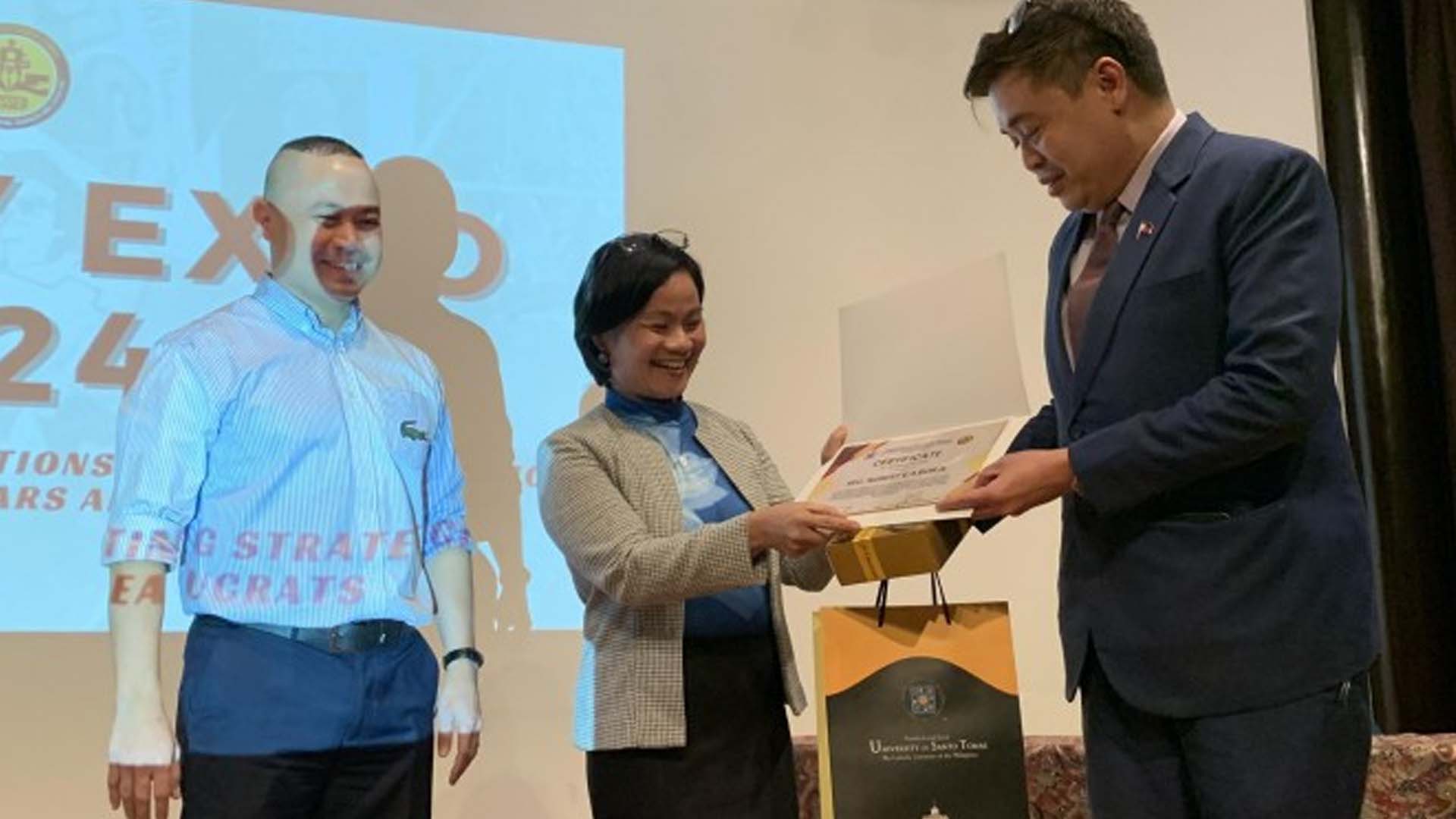The Climate Change Commission (CCC) is working on a collaboration project with research centers in the academe to help formulate policies to address environmental concerns.
In an interview, Secretary Robert Borje, the CCC’s vice chairperson and executive director, said in a forum at the University of Santo Tomas (UST) on Friday that schools’ resources can be effectively leveraged to advance efforts to mitigate climate change effects.
CCC is the lead policy-making body of the government tasked to coordinate, monitor and evaluate government programs and ensure mainstreaming of climate change in development plans.
“We are inviting [the University of Santo Tomas Research Center for Social Sciences and Education (RCSSED)] to join consultations and with the brain power that you will be bringing, we will be in a much better place… this serves as a platform and brings academe closer to policy making,” Borje told the Philippine News Agency.
He noted that his office is working to improve their planning that should be data-based and science-driven such that a shift from reaction to a proactive action is needed.
Borje attended the 2nd Policy Expo on Friday that was hosted by the UST-RCSSED which was also participated in by students, researchers, academicians, and volunteer groups, among others.
With the theme, “Towards Security Solutions: Creating Strategic Intersections for Scholars and Bureaucrats”, the policy exposition seeks to locate how scholars and research institutions can help government institutions in the pursuit of total security.
Borje said the event seeks to address the socio-economic and educational issues by providing researchers with a platform to use their findings into actionable recommendations for policy formulations.
He said the forum will pave the way for the use of research studies in the policies and documents such as the National Climate Change Action Plan (NCCAP).
The national climate change framework strategy has been translated into NCCAP, which prioritizes food security, water sufficiency, ecological and environmental stability, human security, climate-smart industries and services, sustainable energy, and knowledge and capacity development.
Meanwhile, in a separate interview, Dr. Frederick Rey, project head of the 2nd Policy Expo, said the presence of the CCC shows thorough commitment in the power of science to provide backbone in the policy decisions.
“Public administration, management, and governance, in general, should be understood from a holistic perspective; it is not the exclusive domain of policy makers. The academe should extend an effort to reach out to our policy and decision makers to let institutions work together,” he said.
Rey, who is also a political sociologist and a researcher, said there is an evolving trend in the policy making in the government wherein experts are becoming more familiar with the need for evidence.
He said the universities in the country are a rich asset and a fertile ground for collaboration that must be maximized by national government agencies (NGAs) to empower itself.
“We are still looking for more partner agencies, we expect that the UST-RCSSED will be constantly involved in shaping the policy narratives of the country such as climate change, food security, and technology.
We will be present to guide our policy makers in forging scientific and culturally rooted policies,” he added. (PNA)


















